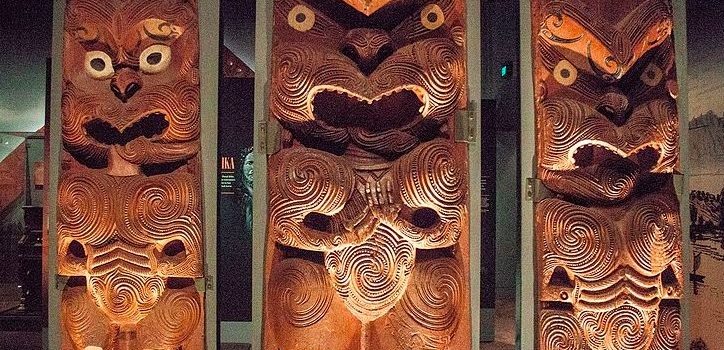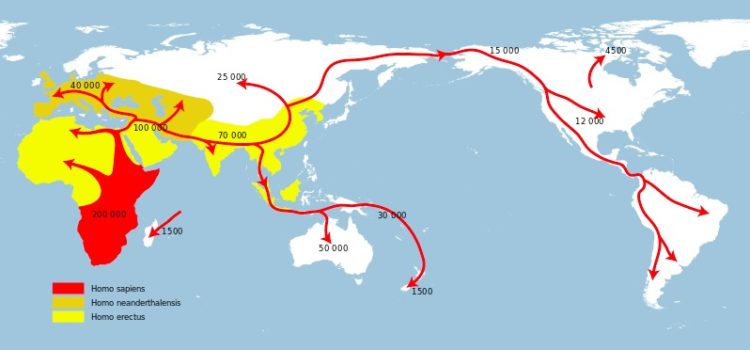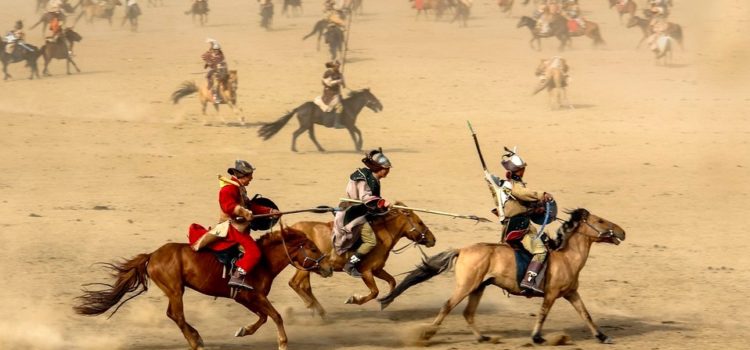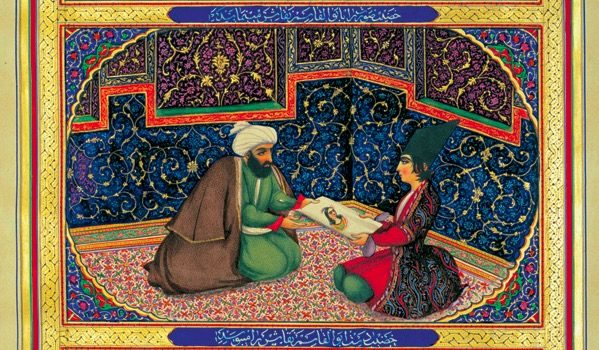What is stage 12 of Joseph Campbell’s hero’s journey? What is the significance of the “refusal to return”? The refusal to return is the stage of the hero’s journey in which the hero refuses their duty to return home and bestow their newfound wisdom upon the rest of humanity. The refusal of the return is stage 12 of Joseph Campbell’s hero’s journey, from The Hero with a Thousand Faces. We’ll cover what the refusal to return entails and look at an example of the refusal-to-return stage of the hero’s journey.
Refusal of the Return: The Hero’s Journey, Stage 12 (Explained)










